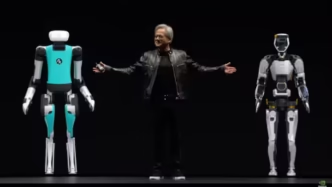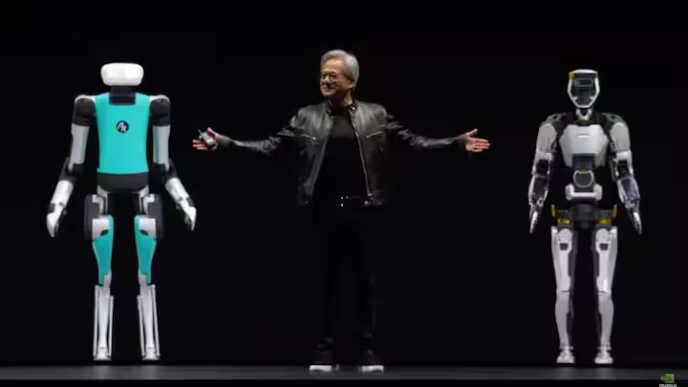Meta CEO Mark Zuckerberg has revealed that the company’s open-source AI model family, Llama, has hit a major milestone — surpassing 1 billion downloads. He shared the update Tuesday morning on Threads, marking a significant jump from 650 million downloads reported just three months ago in December 2024. This impressive 53% surge highlights Llama’s growing influence in the AI ecosystem.
Llama powers Meta AI, the company’s virtual assistant embedded across Facebook, Instagram, WhatsApp, and other Meta platforms. It’s a core part of Meta’s broader push to establish a powerful, open AI product ecosystem that rivals the industry’s best.
Llama’s Rise: Open Access Fuels Developer Adoption
Despite being released under Meta’s proprietary license — which imposes some commercial restrictions — Llama has gained massive traction since its 2023 debut. Meta offers both the AI models and the tools needed for fine-tuning and customization free of charge, which has attracted developers and enterprise users worldwide.
Major brands like Spotify, AT&T, and DoorDash are already integrating Llama models into their production systems, showcasing its wide-ranging utility across industries.
However, not everyone is thrilled about Meta’s licensing terms. Some developers argue the restrictions limit true commercial freedom, but that hasn’t slowed Llama’s adoption — a clear sign of its growing dominance in the AI landscape.
Legal and Competitive Hurdles Shadow Llama’s Growth
Still, Meta’s journey hasn’t been without challenges. The Llama models are currently entangled in a high-profile AI copyright lawsuit, with allegations that Meta trained its models on copyrighted ebooks without proper authorization.
Meanwhile, regulatory hurdles in Europe have stalled Llama’s expansion. Data privacy concerns in several EU countries forced Meta to delay — or even scrap — launch plans in those regions, creating another roadblock for the tech giant.
Adding to the pressure, Meta faces stiff competition from emerging players like Chinese AI lab DeepSeek, whose latest model, R1, has reportedly outperformed Llama in certain benchmarks. In response, Meta has quickly mobilized internal “war rooms” to incorporate DeepSeek’s advancements into Llama’s development pipeline.
Meta Bets Big on AI, Eyes Leadership with New Llama Models
Zuckerberg remains undeterred. Meta recently announced plans to invest up to $80 billion this year in AI-driven projects — a clear signal of its long-term commitment to dominating the AI space.
Part of this strategy includes rolling out a new series of Llama models in the coming months. These include advanced reasoning models, similar to OpenAI’s o3-mini, along with multimodal models designed to handle text, images, and more simultaneously.
Zuckerberg has also teased the introduction of “agentic” AI features, hinting at models that can make autonomous decisions and take actions without human intervention. This next leap could redefine how AI operates within Meta’s platforms and beyond.
What’s Next: LlamaCon 2025 Poised to Reveal More
During Meta’s Q4 2024 earnings call, Zuckerberg confidently stated, “I think this very well could be the year when Llama and open source become the most advanced and widely used AI models. Our goal for Llama this year is to lead.”
The tech world won’t have to wait long for updates. Meta is hosting its first-ever generative AI developer conference, LlamaCon, on April 29. Expectations are high, with insiders predicting major announcements that could shape the future of open AI models.













